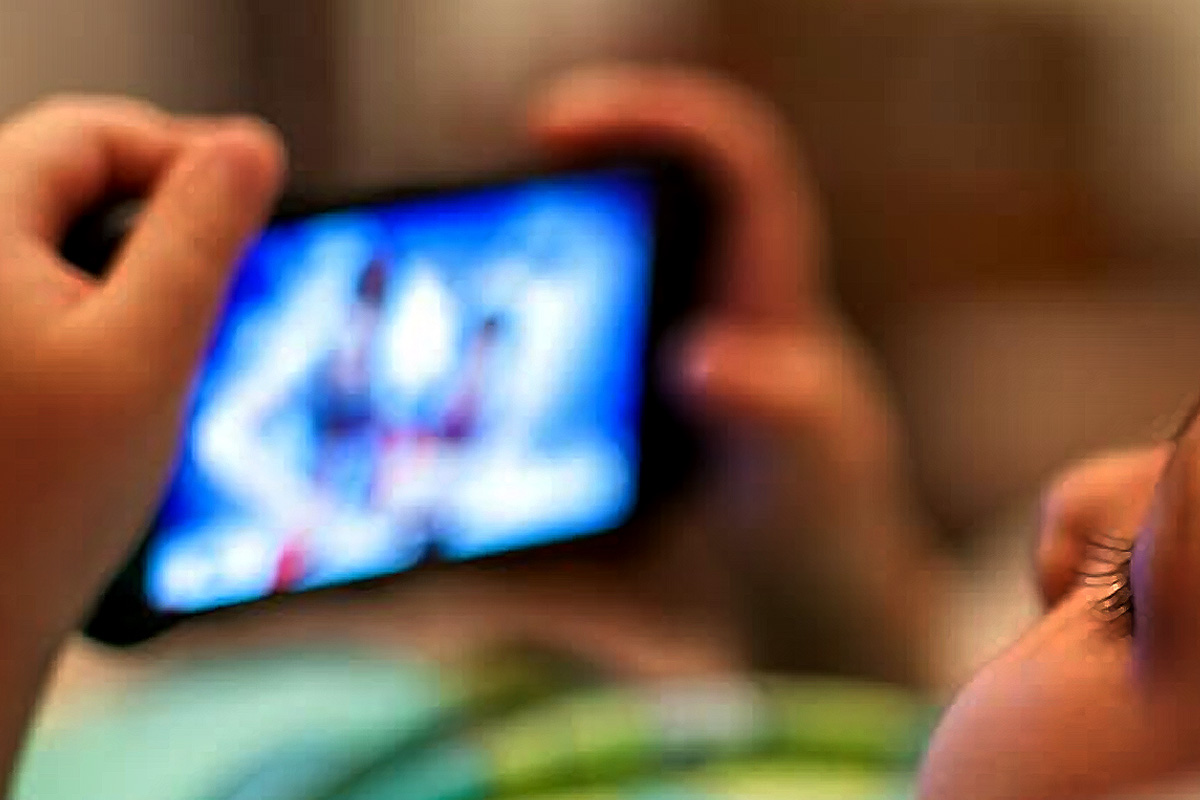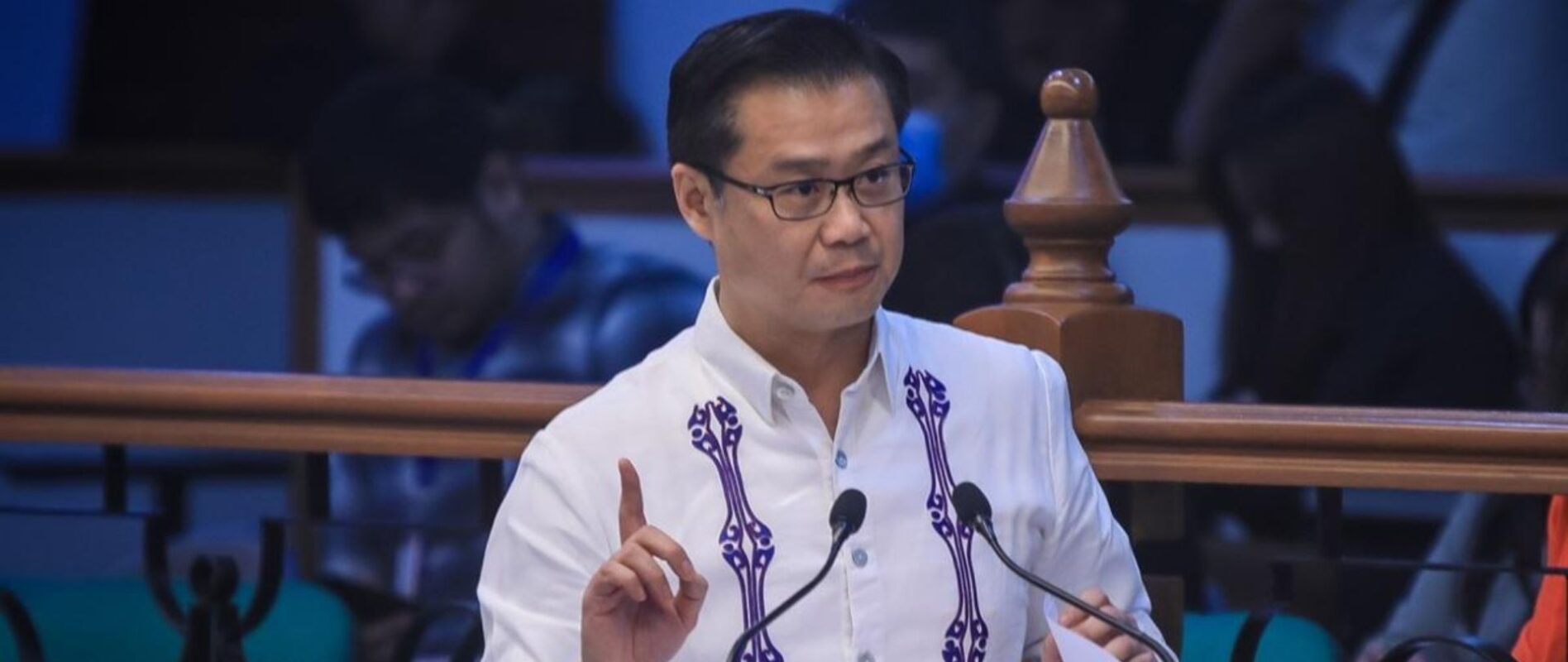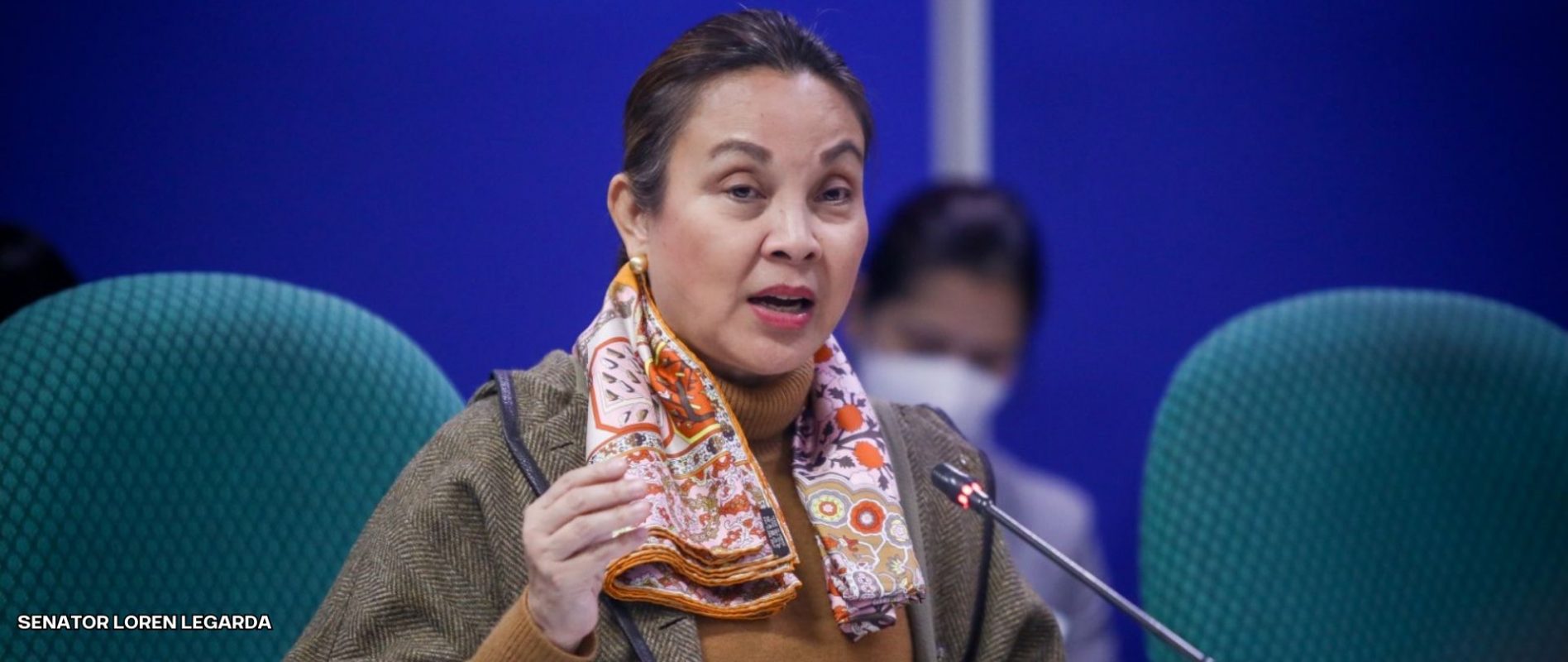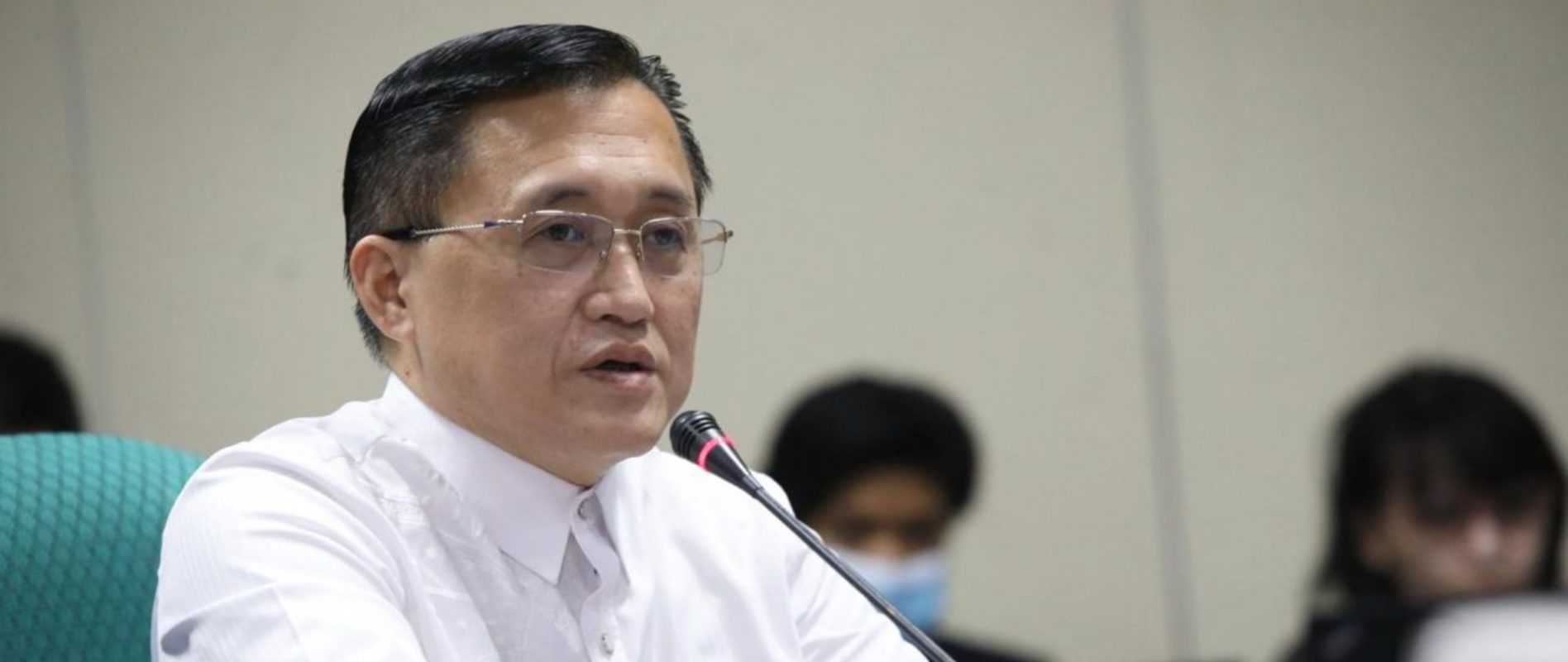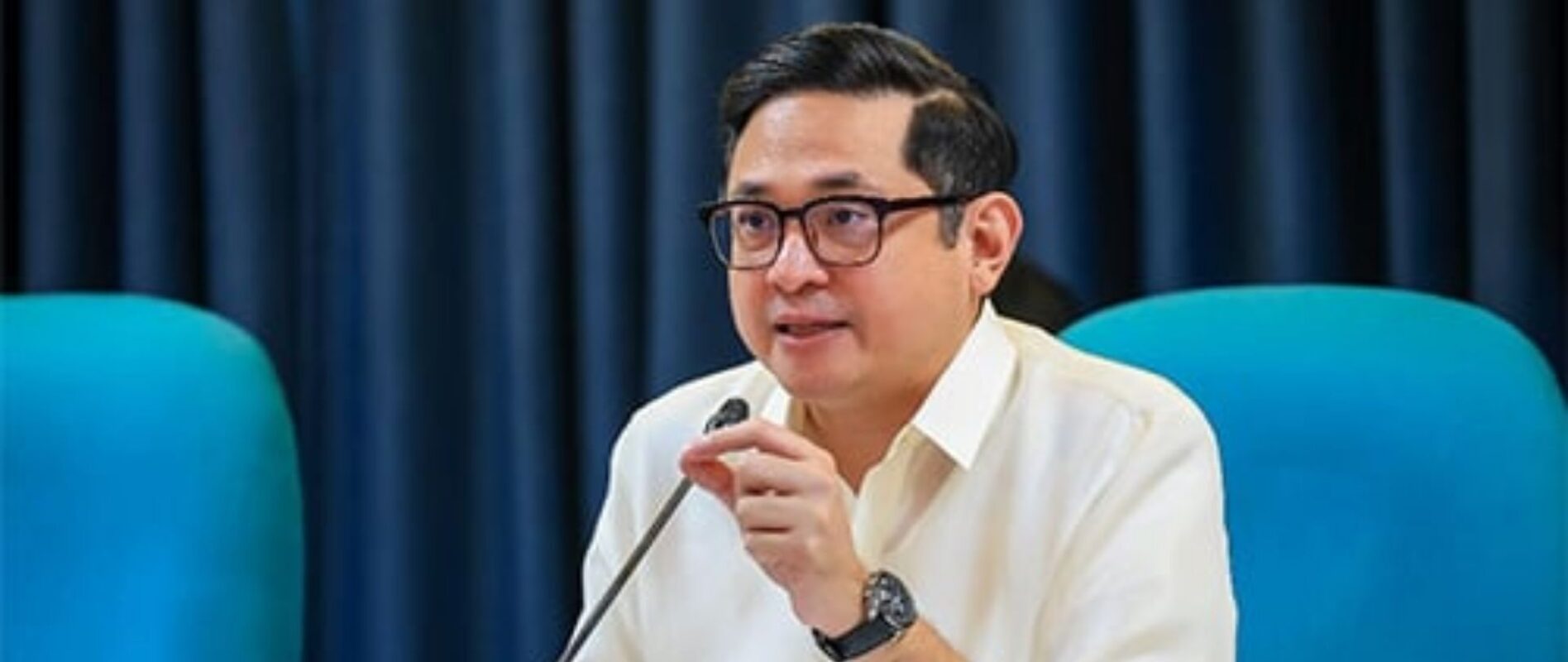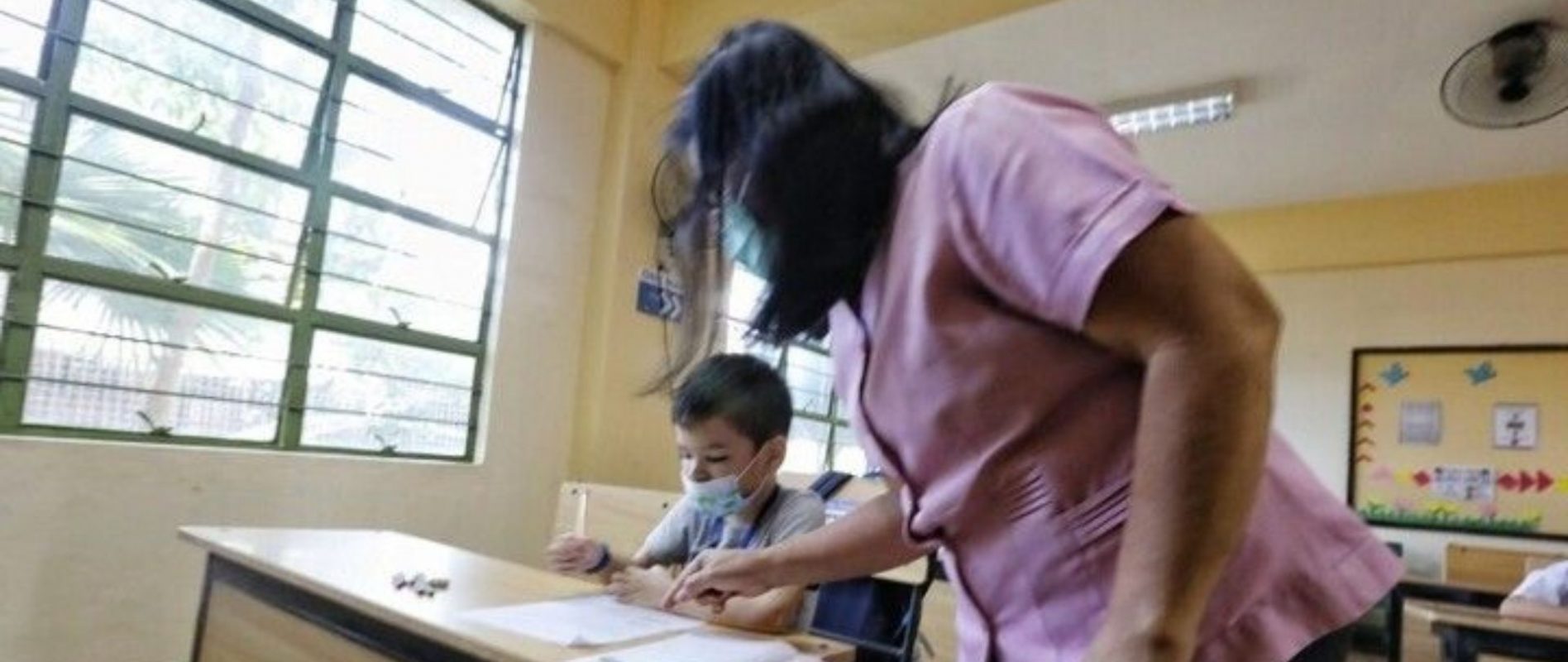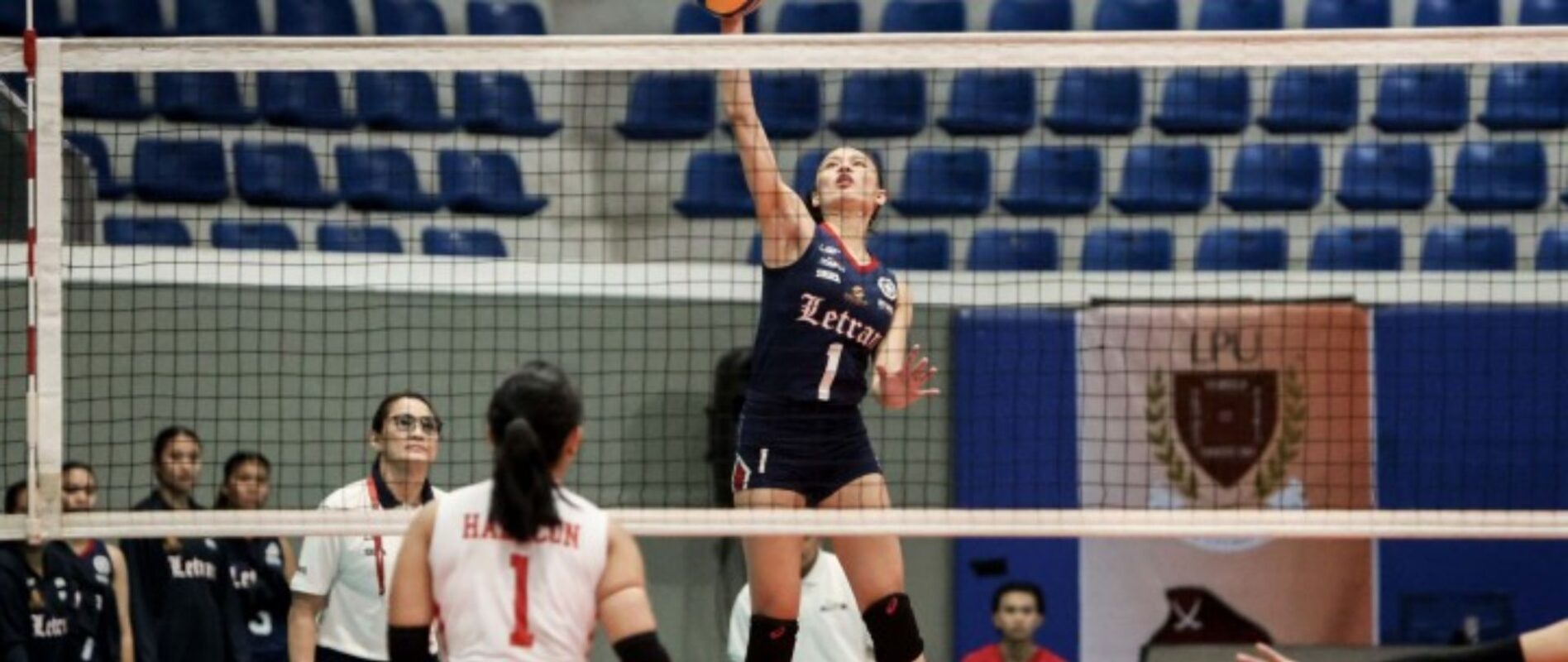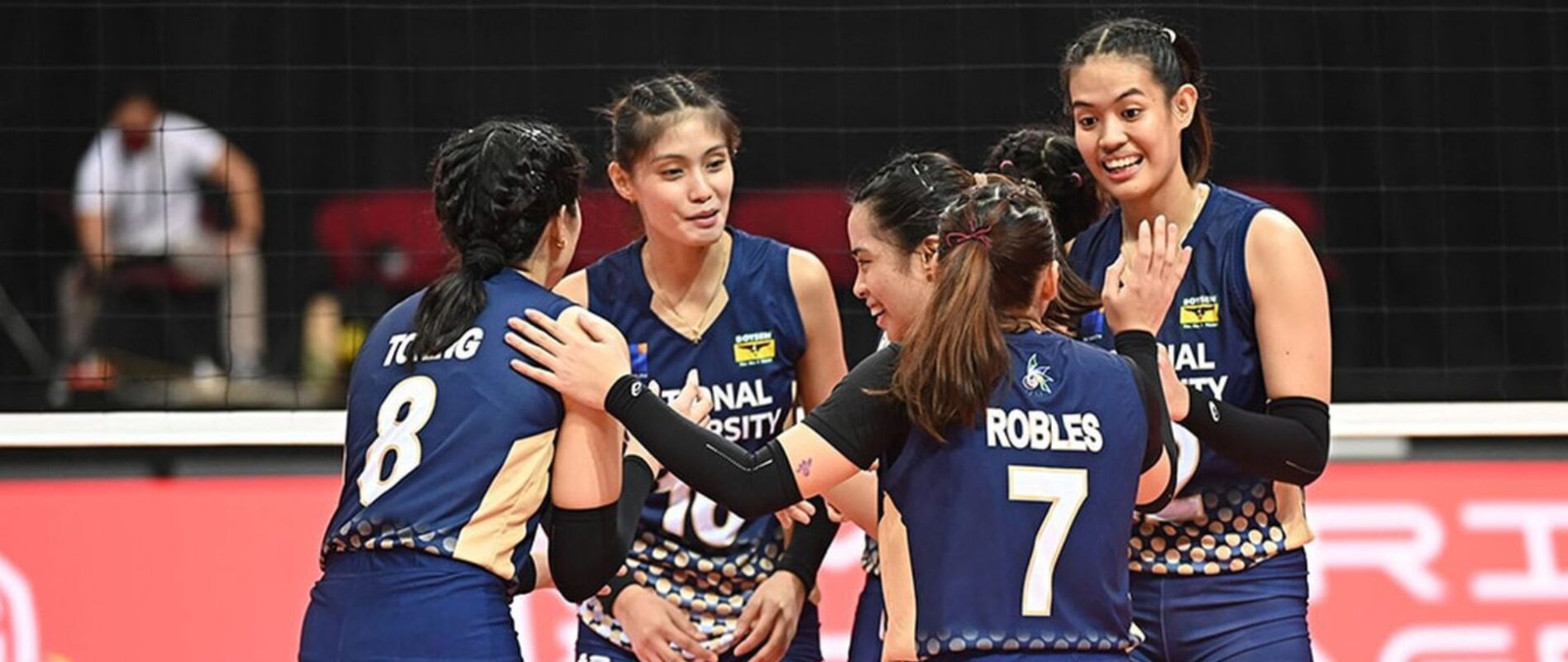DEPED SETS UP WITH GLOBE ‘GABAY BAHAY’ TO KEEP KIDS FROM ‘CYBER PREDATORS’
EVERY day, parents confront various concerns with regard to their children. But with the pandemic where children become more exposed online for learning, entertainment and socialization, one important issue that ought to be addressed immediately is how to keep the young ones safe from the dangers that lurk in the internet while allowing technology to work for them.
To deal with the apprehensions being faced by parents during these extraordinary times, the “Gabay Bahay: An Online Parenting Series” discussed different ways that can guide the parents, including how to navigate the Internet safely. The online series is established by the Department of Education Disaster Risk Reduction and Management Service with Globe Telecom as a major partner.
Atty. Irish Salandanan-Almeida, Data Protection Officer of Globe and one of the webinar speakers, underscored the importance of keeping children safe online. Almeida, who has two kids, emphasized that parents should ensure the protection of their children’s personal information while using the internet.
“While the internet offers countless benefits for our children, it can also expose them to risks and dangers. If we don’t monitor their online activity or educate them on responsible online behavior, they may be vulnerable to harassment, discrimination, blackmail, cyberbullying, and even identity theft or fraud,” she said.
Almeida also shared a few reminders for parents to guide their children on the responsible use of the internet:
- Ask the children not to post or share personal information publicly, or with strangers, as those with ill intentions could easily take advantage of this.
- Make it a point to read the privacy policies and terms and conditions of the websites and applications that your children use.
- Set your children’s privacy settings with them. This way, you have some control over who can see their children’s posts, and who can contact them.
- Remind them not to chat with people they don’t know, and to report them to you or their teachers immediately.
- Educate them about the harmful effects of clicking on links or downloading files from unknown sources. These could be viruses in disguise and may be used to steal personal information, which hackers can use to take advantage of.
- Ask them not to give out their username or password to anyone except their parents.
As much as possible, she said, parents should monitor their children’s use of the internet, and provide proper guidance. In the event of a violation of their children’s data privacy rights, parents may file a complaint with the National Privacy Commission at [email protected].
In another episode of the series, Francis Pugeda, Head of Emerging Technologies at Globe, related how technology can help children discover their creative side and explore things they want like music, movies/TV series.
As parents, Pugeda said they should exercise some control over their children’s use of the internet to establish discipline but not too much that would curtail their desire to learn new things. “Being responsible is key when using technology. With our daughter, we allow her some leeway, but we also make sure to guide her properly, especially on her choice of content, what is beneficial and what can be harmful. Good thing is that because she is guided, she already knows her limits,” he said. “ We shouldn’t force them but let them discover things on their own but with proper guidance to make their technology and internet use a pleasant experience.”
In another session which talked about positive discipline, Ginger Arboleda, a Mom-preneur and popular blogger (Mommyginger.com), Chief Executive Officer of Manila Workshops and co-founder of Taxumo, said she and her husband practice a more positive way of disciplining their seven-year-old daughter. They start by being more actively involved in helping her learn how to handle situations more appropriately while remaining calm, friendly and respectful of their child’s feelings.
“We should never forget that in everything we do, we do it for our children. As parents, our goal is to make them grow up and become responsible and respectful members of society. We will not be always by their side forever so might as well start now by creating an ideal environment for them without worries or pressure and where they can thrive later on,” she said.
Arboleda shared that even though things are done mostly online, she still encourages their daughter to explore and expose herself to certain things around her while she is young, using tools like smartphones, computers, tablets. “But we also teach her right from wrong, good and bad based on family values to help her decipher or discern things. We do not dictate but only help her navigate.”
Globe is a strong advocate of digital citizenship and responsible use of technology. Through its Digital Thumbprint Program, Globe introduced various modules to teachers and students aimed at increasing students’ knowledge of digital citizenship and cybersafety by taking a critical look at their online behavior and helping them develop insights into the influences of the online world and the choices they are making. With the push towards online education, Globe modified the in-class DTP workshop into e-modules to reach more people in their homes.
To learn more about Globe’s sustainability efforts, visit: https://www.globe.com.ph/about-us/sustainability.html#gref

